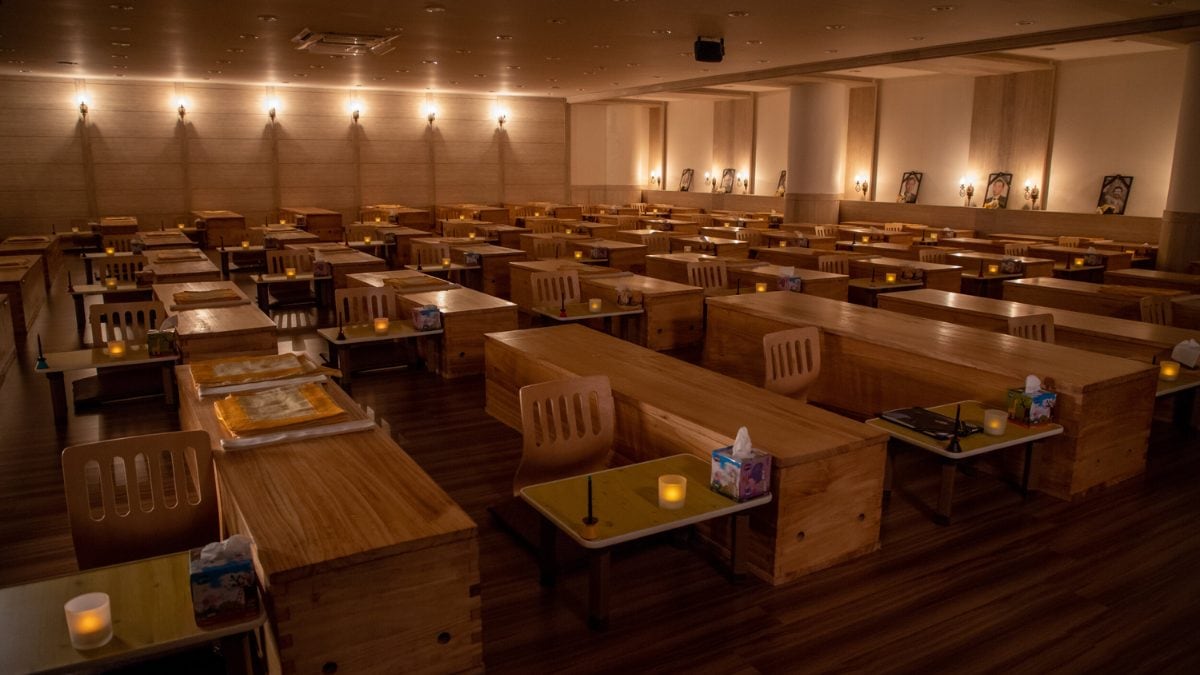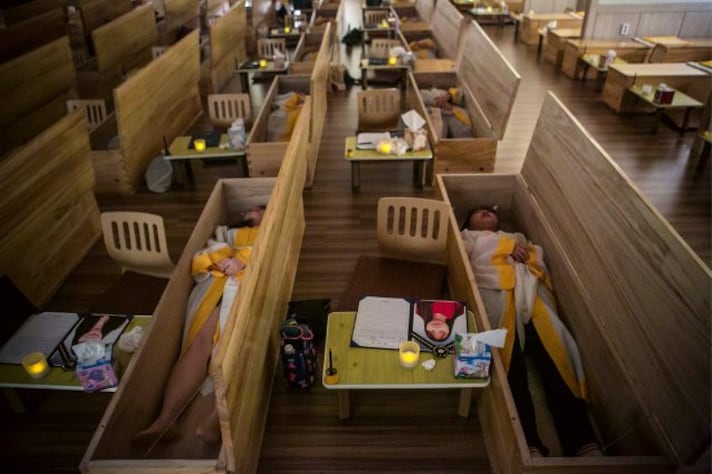
In a country where death has long been a cultural taboo, South Korea’s death cafes have emerged as unexpected sanctuaries—spaces where strangers gather over tea and cake to talk candidly about mortality. What began as a fringe movement has evolved into a meaningful social phenomenon, offering a rare opportunity for reflection in a society often driven by relentless productivity and perfectionism.
The Early Days
The concept of the death cafe originated in Europe, but it found a unique resonance in South Korea during the 2010s. Initially met with skepticism, these gatherings were often hosted in small cafés or community centers, drawing in curious participants who were tired of avoiding life’s most inevitable topic. The format was simple: no agenda, no therapy—just open dialogue about death, dying, and what it means to live well.
One of the most notable early adopters was Seoul’s Happy Ending Café, where participants would write their own eulogies or lie in mock coffins to simulate the experience of death. These symbolic acts weren’t meant to be morbid—they were designed to spark gratitude, clarity, and a renewed sense of purpose.

A Shift in Cultural Attitudes
Over time, death cafes in Korea began to attract a broader audience, including students, professionals, and even retirees. The shift reflected a growing desire to confront existential questions in a safe, nonjudgmental environment. As actor and filmmaker Ravi Patel discovered during his visit to a Korean death cafe in 2020, the experience can be unexpectedly uplifting. “It wasn’t about death,” he reflected. “It was about life—what we value, what we regret, and how we want to spend our time.”
The Modern Death Cafe
Today, death cafes in Korea are more accessible and diverse than ever. Some are hosted online, allowing people from different regions—and even different countries—to join the conversation. Others are tailored to specific groups, such as cancer survivors, caregivers, or young adults navigating grief. The format has also expanded to include guided meditations, art therapy, and storytelling circles.
What remains constant is the core mission: to normalize conversations about death in order to enrich the way we live. In a society where appearances often take precedence over authenticity, these cafes offer a rare space for vulnerability and connection.
;Resize,width=767;)
